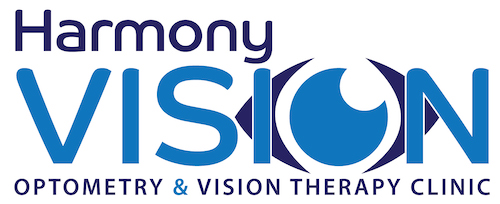Vision And Attention Problems
Research into a common functional vision problem called convergence insufficiency, has demonstrated associations between convergence insufficiency and attention disorders in children. There is also an association between vision problems in general and a higher incidence of ADHD.
Convergence insufficiency is associated with an increase in the number children who demonstrate same signs and symptoms that are attributed to ADD/ADHD. Symptoms that are common to both ADD/ADHD and convergence insufficiency include:
- Often fails to give close attention to details or makes careless mistakes
- Often has difficulty sustaining attention in activities
- Often does not listen or appear to listen when spoken to directly
- Often does not follow through on instructions or fails to finish work
- Often has difficulty organizing tasks and activities
- Often avoids, dislikes or is reluctant to engage in tasks requiring sustained mental effort
- Often distracted by stimuli
- Often fidgets or squirms in seat
Our approach is two fold:
- Rule out vision problems that might exhibit similar symptoms to other disorders is an important part of the overall diagnosis and management process.
- The existence of an attention disorder and a vision problem together, increases the burden on the child. It is important to understand what the child is dealing with.
A comprehensive and thorough assessment of convergence and focusing with a careful case history is necessary to detect these issues. An full vision assessment should include sight, prescription and eye health, and especially eye teaming and focusing.
Harmony Vision:
- a caring approach,
- comprehensive assessments which are designed to target functional vision problems
- expertise and knowledge of the link between vision and learning.
Dawn K. DeCarlo, Mark Swanson, Gerald McGwin, Kristina Visscher, Cynthia Owsley. ADHD and Vision Problems in the National Survey of Children’s Health. Optometry and Vision Science, 2016; 1
